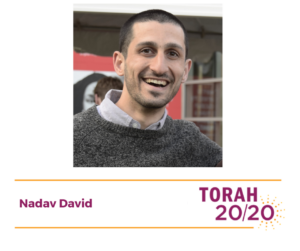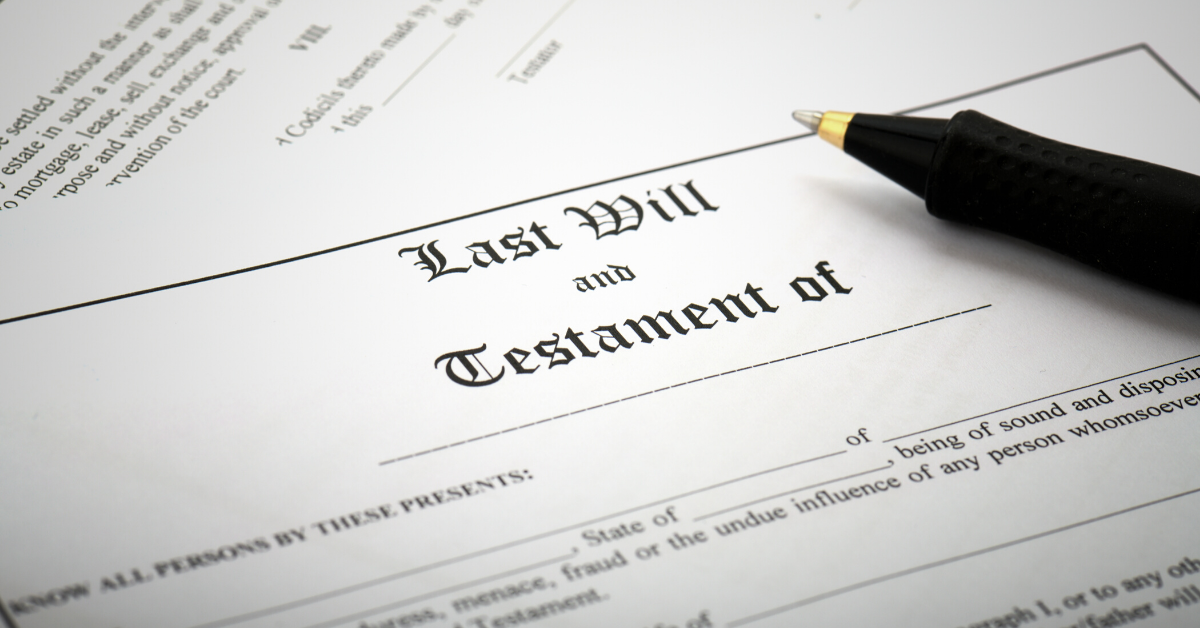A D’var Torah for Parshat Pinchas by Nadav David
While COVID-19 continues to disproportionately rob the lives of Black, Indigenous and People of Color (BIPOC) and poor/working class people, billionaires have become significantly wealthier since the pandemic began. We are also living through the largest intergenerational wealth transfer in U.S. history ($30T from Baby Boomers).
Reading Parshat Pinchas amidst these multiple layers of crisis exposes the societal impacts of inheritance and offers opportunities for transformation. As Grace Lee Boggs (zt”l) teaches, “every crisis, actual or impending, needs to be viewed as an opportunity to bring about profound changes in our society.”
For several years as a financial coach, I worked with primarily women of color-led households living in subsidized housing programs to build towards their financial goals. Many of the women work in severely underpaid and unstable roles in care sectors that offer limited opportunities for savings or wealth building. These challenges are furthered by mounting debt — which we spent hours tackling together — from sources that target them and their families, such as predatory education programs, subprime car lenders, and the criminal legal system.
These layers of structural violence are illustrated by median net wealth. For a white family in Boston, median net wealth is $247,000, while for U.S.-born Black families it is $8, and for Dominican families close to $0. This harrowing reality is a direct result of generations of structural racism and an economic system designed to exclude and exploit.
Sign up to receive Torah 20/20 in your inbox each week.
After growing up among multiethnic and cross-class family, I now have access to upward economic mobility, graduated college with no student debt, and receive financial support from professional-class parents and grandparents. It has become clear to me that intergenerational wealth transfer shapes us personally and societally. Parshat Pinchas reinforces this and uplifts the possibilities for far-reaching interventions, especially amidst crisis.
Between leaving Egypt and entering the land of Israel, the Israelites are experiencing a collective crisis of wandering lost in the desert. God explains to Moses and the people the process of dividing the land amongst the tribes.
“You shall apportion the Land among these as an inheritance, in accordance with the number of names. To the large [tribe] you shall give a larger inheritance and to a smaller tribe you shall give a smaller inheritance, each person shall be given an inheritance according to his number.” (Numbers 26:53)
Mahlah, Noa, Hoglah, Milcah, and Tirzah, the daughters of Zelophehad, recognize and name another crisis, which is that the inheritance laws are set so that families with only daughters are unable to inherit land and instead their families lose their access to land. The five women respond powerfully to the crisis of their father’s death, and a structural shortcoming, with an eye towards intergenerational shifts rather than short-term reform.
“Our father died in the desert, but he was not in the assembly that banded together against the Lord in Korach’s assembly, but he died for his own sin, and he had no sons. Why should our father’s name be eliminated from his family because he had no son? Give us a portion along with our father’s brothers.” (Numbers 27:3)
And they win. Not only their case, but the law itself is changed. The Torah, and specifically this feminist leadership, opens the door for us to challenge the structures of familial inheritance. Our present is shaped by 400 years of U.S. history of colonization, mass enslavement, and criminalization, and a capitalist system in which crisis is an ongoing and recurring reality. This requires us to take on several strategies for structural transformation, such as government-run reparations, increased wealth and inheritance taxes, debt cancellation, and worker ownership programs.
Find more commentaries on Parshat Pinchas.
We are called to grow our moral imagination and listen for the contemporary voices of Mahlah, Noa, Hoglah, Milcah, and Tirzah in our communities and in broader movements for justice and liberation.
How might we enact shifts that challenge our historical approach to wealth accumulation and inheritance, and instead explore possibilities for repair, shared ownership, and solidarity in cross-class and multriacial communities? What types of resources do each of us hold that can be redistributed in the short term? What power can we build collectively to crack open systems-wide redistribution in the next five, 10, or 50 years?
We have the potential to build on the ancient legacy of the five powerful women in Parshat Pinchas and continue to reimagine laws and systems to build a just economic system and society. Amidst the devastation of multiple crises, our movements, led by poor/working-class people and BIPOC organizers who are actively dismantling the systems that harm us, can bring to life the world we all deserve to live in.
Nadav David is a Boston-based multiethnic organizer with Mizrahi (Iraq) and Ashkenazi  (Poland/Belarus) roots. After several years working as a financial coach alongside families living in subsidized housing programs, he recently began as the New England Regional Organizer for Resource Generation after being previously involved as a member. RG is a multiracial community of young people with class privilege and/or wealth committed to the equitable distribution of wealth, land and power. His spiritual and political home is Kavod, which integrates Jewish practice and transformative social justice organizing, and where he builds partnerships with local grassroots organizations such as the Boston Ujima Project and Muslim Justice League.
(Poland/Belarus) roots. After several years working as a financial coach alongside families living in subsidized housing programs, he recently began as the New England Regional Organizer for Resource Generation after being previously involved as a member. RG is a multiracial community of young people with class privilege and/or wealth committed to the equitable distribution of wealth, land and power. His spiritual and political home is Kavod, which integrates Jewish practice and transformative social justice organizing, and where he builds partnerships with local grassroots organizations such as the Boston Ujima Project and Muslim Justice League.

